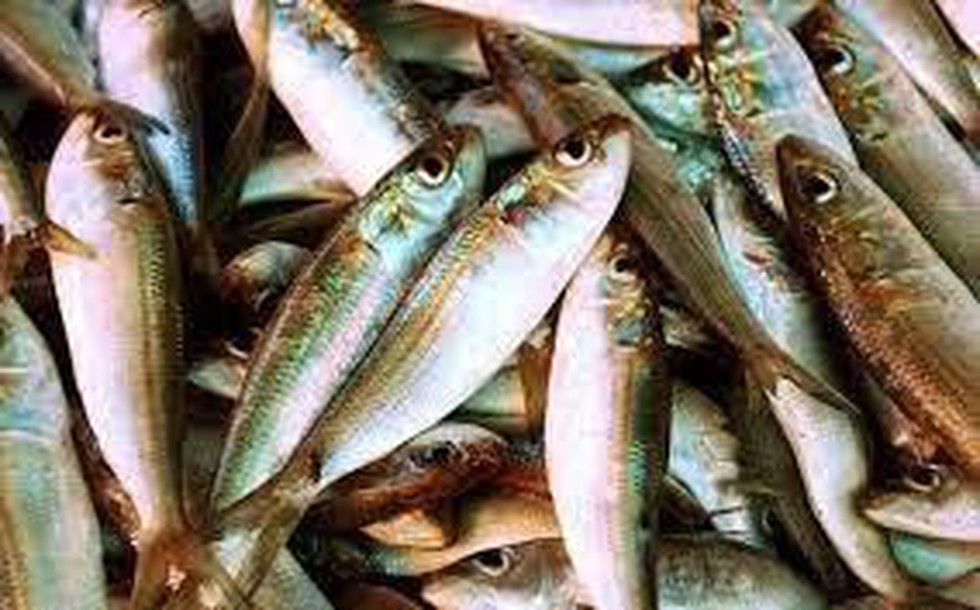About Indian oil sardine:
- It is a very important pelagic fish species.
- It contributes to about 15% of the total marine fish production in India.
- Local names of oil sardine are, Mathi, Nalla mathi, Nei chala (Malayalam); Bhutai (Kannada), Tarli (Marathi and Hindi).
- Distribution
- It is distributed on the entire west coast from Gujarat to Kerala and also on the Tamil Nadu, Andhra Pradesh and Orissa coasts in the east.
- Highest abundance and large-scale shoaling are observed off Kerala and Karnataka coasts.
- Significance
- The sardines are an ecologically important part of the marine ecosystem as they form an intermediate link in the food web and serve as prey for larger predators.
- The genome assembly of the sardines is a valuable tool for studying how fish adapt to climate change.
- Indian oil sardine is a vital fisheries resource in the Indian subcontinent, contributing substantially, approximately 10%, to the total marine fisheries industry in India.
- One of the findings of the study is that Indian oil sardines exist in two highly distinct stocks, one in the Indian waters and another in the Gulf of Oman.
- The researchers have identified the genes involved in the biosynthesis of polyunsaturated fatty acids (PUFA) of the oil sardine, offering insights into the genomic mechanisms behind the high nutritional quality of the fish.
